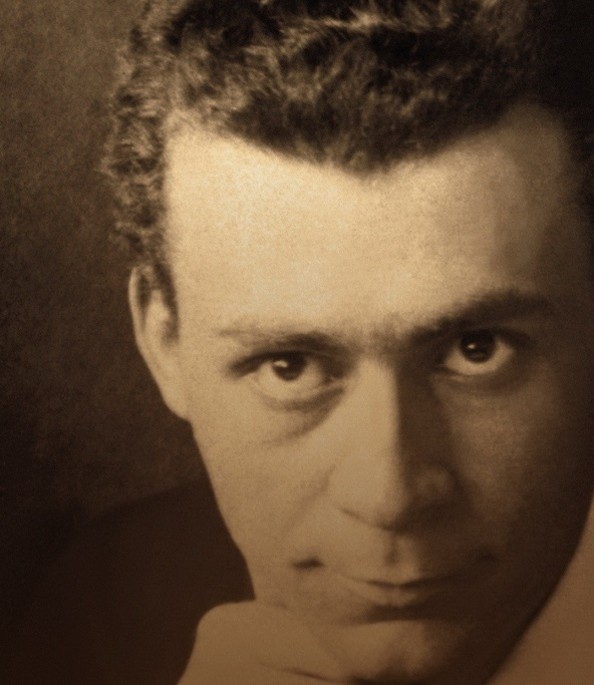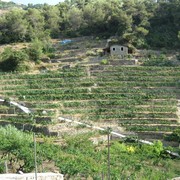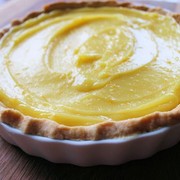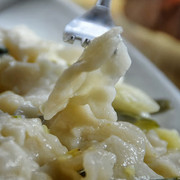Lucian Blaga was born on May 9th 1895 in a village in Alba Iulia County (Lancrăm) and did his studies in Sebeş and Braşov. He went to The Faculty of Theology in Sibiu and did a doctorate in philosophy at the University of Vienna. Today, Lucian Blaga is one of the most appreciated poets in Romanian literature.

Paradoxically for the man of words that he became, he spent his early childhood in the absence of words. He only began speaking at the age of four. He lost his father at the tender age of 14, which he got to know well only through the memories of his elder siblings.
In school, he had a brilliant and inquisitive mind, astonishing his teachers with the originality of his answers, says a former classmate of the poet. Another author describes him as having a strange charm and demonic eyes. He is also known for the many love affairs that he had and that marked his work. His most important muses were Eugenia Mureşanu, a fellow poet, and Elena Daniello, a dentist whom he met later in his life.
One of his most beautiful poems about nature is called “Amurg de toamna” (Autumn dusk), which describes the simple, yet moving way that something apparently ordinary, as a sunset, can surprise us. It almost makes us take a moment and appreciate the things that seem to have no more left to offer us and inspect them once again.
In the first stanza, the sunset is personified as a pair of red lips blowing from the top of the mountains into the ashes of clouds. Next, a ray “hurries” from the sunset, and, gentle as a bird, sits on a leaf. But it is too heavy and the leaf falls. In the final stanza, the poet likens his soul to the brittle leaf and means to hide it from the sunrays, for if it were touched by one, it too would collapse. The final verse, remarks simply that “It is autumn”.
The metaphor is clear here: the soul of the narrative voice is as bristle as a dry leaf that can be blown away by even the softest breeze. One interpretation could be that the poem presents a new perspective on something that seems ordinary – something that can be so moving, if looked upon with new eyes, that it stirs a soul to the core.
Sources:
“Lucian Blaga, biografie (1895 - 1961)”, Istoria, Available at: http://www.istoria.md/articol/511/Lucian_Blaga,_biografie,
Florescu, Remus, “Corespondenţa lui Lucian Blaga cu iubita sa din Cluj: în scrisori îi dorea linişte şi kilograme în plus, iar în versuri muza era ‘o boală de bine, cu leacul în sine’”, Adevărul, October 24th 2013, Available at: adevarul.ro/locale/cluj-napoca/lucian-blaga-1_5268de1ac7b855ff5674213f/index.html, ;
Popovici, Florin George, “Lucian Blaga (1895 – 1961) – repere bio-bibliografice”, Florin George Popovici, Available at: https://floringeorgepopovici.wordpress.com/2011/10/05/lucian-blaga-1895- %E2%80%93-1961-%E2%80%93-repere-bio-bibliografice/,

















